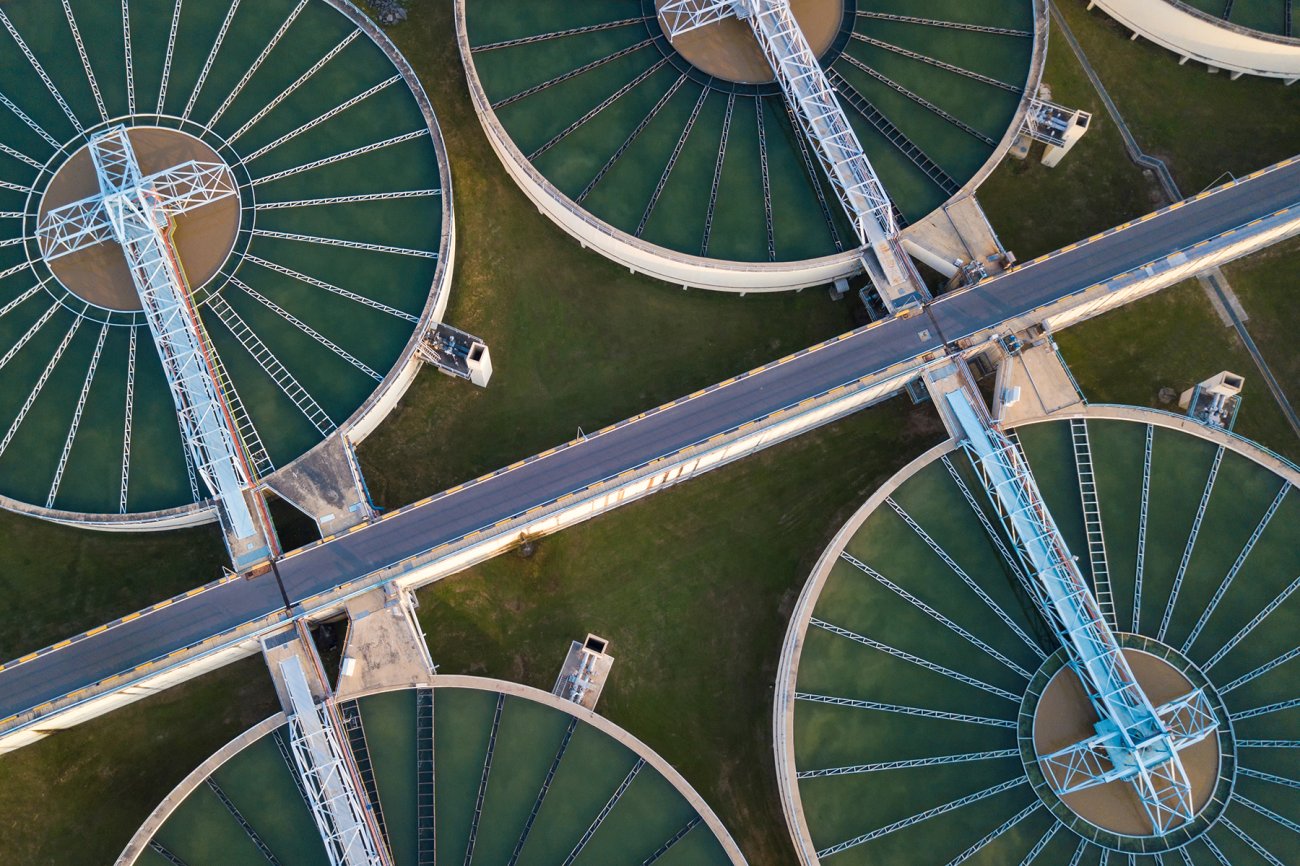All About Reclaim Waste
All About Reclaim Waste
Blog Article
Not known Factual Statements About Reclaim Waste
Table of ContentsThe smart Trick of Reclaim Waste That Nobody is Talking AboutGetting My Reclaim Waste To WorkNot known Facts About Reclaim WasteWhat Does Reclaim Waste Mean?Some Ideas on Reclaim Waste You Need To Know
Discover the types, events, and forms of liquid waste. Residential sewage waste describes the waste and items from a domestic sewage-disposal tank. This sort of waste is developed by people in residences, colleges, and other buildings. This only consists of sewage-disposal tanks that have a drainpipe area. The appropriate monitoring and disposal of domestic sewer waste require fluid waste to be transferred to a sewage treatment plant where the correct methods and devices are put on purify and get rid of waste.
Commercial waste usually includes potential threats, such as combustible products or a combination of fluid and solid waste products, and requires a much more sophisticated and in-depth disposal process. The disposal of business waste normally entails the purification of waste prior to transportation to make certain secure and proper disposal. Industrial waste is developed from results and drainage of industrial processes and production.
This kind of waste can not utilize the exact same sewer monitoring transportation or processes as septic or commercial liquids. The hazardous waste management process requires the inspection and testing of liquid waste before it undergoes the disposal process (liquid waste disposal). Drainage waste is the fluid waste that comes from overflow and excess stormwater in extremely populated areas or cities
Runoff waste can cause contamination and flooding if not handled effectively. Find out a lot more about sewer cleaning and waste monitoring. Making certain correct waste monitoring can protect against calamities and minimize environmental damage. Both people in property settings and specialists in business or production industries can gain from comprehending the processes and regulations of fluid waste administration.
Everything about Reclaim Waste
Get in touch with PROS Solutions today to learn about our waste administration and disposal services and the correct means to look after the fluid waste you produce.
(https://www.provenexpert.com/reclaim-waste/)This supposed 'wastewater' is not only a vital source however, after therapy, will be released to our land, rivers or the ocean. Used water from commodes, showers, baths, cooking area sinks, washings and commercial procedures is known as wastewater.

water used to cool down machinery or clean plant and equipment). Stormwater, a form of wastewater, is drainage that flows from agricultural and urban locations such as roof coverings, parks, gardens, roads, paths and gutters into stormwater drains, after rain. Stormwater flows unattended directly to regional creeks or rivers, eventually getting to the ocean.
Rumored Buzz on Reclaim Waste
In Queensland, a lot of wastewater is treated at sewer treatment plants. Wastewater is transferred from domestic or commercial sites via a system of sewage systems and pump stations, called sewerage reticulation, to a sewage therapy plant. City governments build, preserve and operate most sewer treatment plants. Operators are licensed under the Environmental Management Act 1994 to discharge cured wastewater at an acceptable environmental criterion into waterways.
The Department of Natural Resources encourages city governments about managing, operating and preserving sewerage systems and treatment plants. In unsewered areas, neighborhood governments may require homeowners to mount private or household sewage treatment systems to deal with domestic wastewater from commodes, cooking areas, washrooms and washings. The Department of Natural Resources authorises making use of home systems when they are confirmed to be reliable.
A lot of stormwater gets no therapy. In some brand-new communities, treatment of some stormwater to eliminate trash, sand and crushed rock has started utilizing gross pollutant traps. Wastewater treatment happens in 4 phases: Gets rid of solid matter. Bigger solids, such as plastics and other items wrongly discharged to sewage systems, are eliminated when wastewater is travelled through displays.
Utilizes small living organisms understands as micro-organisms try here to break down and remove continuing to be dissolved wastes and fine particles. Micro-organisms and wastes are incorporated in the sludge.
Examine This Report about Reclaim Waste
Nutrient elimination is not offered at all sewer treatment plants due to the fact that it requires expensive specialist equipment. Clear fluid effluent produced after therapy might still include disease-causing micro-organisms - liquid waste removal melbourne.

This typically implies wastewater needs to be treated or contaminants eliminated prior to it can be released to rivers. A lot of wastewater streams into the sewage system. Under the Act, local federal governments provide approvals and permits for ecologically relevant activities (Ages) involving wastewater releases that might have a neighborhood effect. The division provides authorizations and licences to Periods involving wastewater launches that could have a regional or statewide influence.
Examine This Report on Reclaim Waste
Or else, examples are considered research laboratory evaluation. Often numerous examinations are needed to develop the levels of each of the different contaminants such as oils, heavy metals and chemicals in water. Monitoring gives accurate info concerning water quality and can validate that licence conditions are being fulfilled. The information acquired with surveillance offers the basis for making water quality decisions.
Report this page